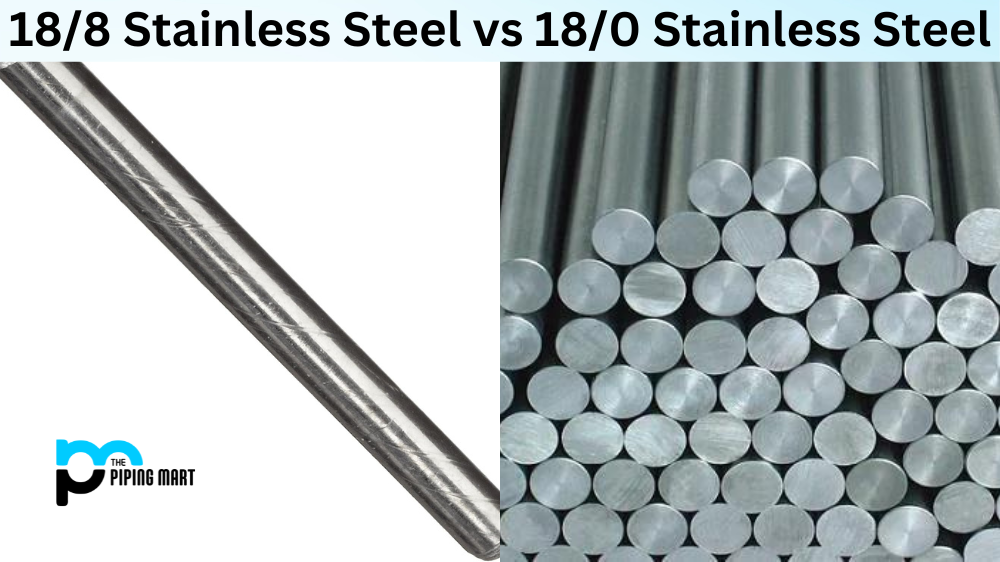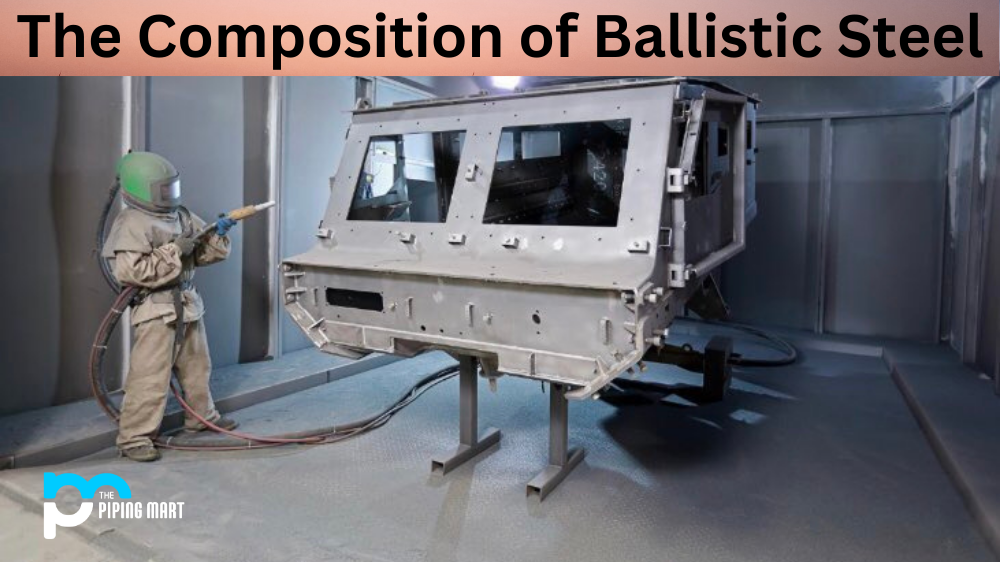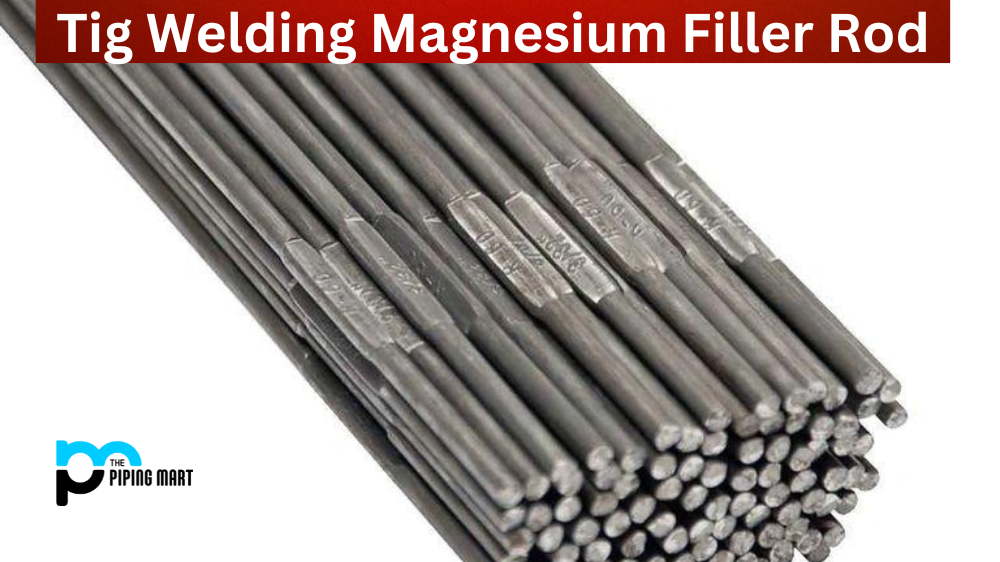Whether whipping up a batch of brownies or preparing a three-course meal, having the right kitchen tools can make all the difference. But what about aluminum foil vs silver foil? Are they interchangeable? Which one do you use? Let’s delve into the differences between silver and aluminium foil so that your next cooking project is as successful as possible.
What Is Silver Foil?
Silver foil is made from 100% pure silver, giving it unique properties. It has good electrical conductivity, excellent thermal conductivity, and high reflectance. Silver foil is also resistant to corrosion and highly malleable. As such, this type of foil is often used in medical instruments and electronics components, as well as for specialized types of cookware like baking dishes that require even heating. In some cases, it’s also used in decorative projects because of its sheen and shine.
What Is Aluminium Foil?
For added strength, aluminium foil is made from an aluminium alloy with elements like iron or silicon. Aluminum is lightweight yet strong enough to maintain its form when bent or rolled into thin sheets. Due to its reflectivity, aluminium foil is often used to wrap food items when cooking or storing them in the refrigerator or freezer. In addition to keeping warm food longer, aluminum protects food from oxidation and bacteria growth—making it an excellent choice for keeping leftovers fresh for days!
Difference Between Silver Foil and Aluminium Foil
The most significant difference between silver and aluminium foil lies in their composition; silver foil is made from pure silver, while aluminum foil is made from an alloy that includes other elements like iron or silicon for added strength. As such, silver foils are generally more expensive than aluminium foils due to the cost of raw materials involved in producing them. However, their superior electrical conductivity makes them ideal for specialized cookware applications where even heating is required (such as baking dishes). On the other hand, aluminum foils are less expensive but still offer many benefits, like keeping foods warm longer and protecting them from oxidation or bacteria growth—making them ideal for everyday kitchen uses like wrapping up leftovers!
Conclusion:
When it comes down to it, silver and aluminium foils have unique properties that make them suitable for different tasks in the kitchen. Aluminum foils are less expensive but still offer plenty of benefits – making them perfect for wrapping up leftovers or covering dishes before popping them into the oven. On the other hand, the silver foam may be more expensive but offers superior electrical conductivity – making it ideal for specialized cookware applications where even heating is required (such as baking dishes). So next time you’re looking to stock up on kitchen supplies – remember these key differences between silver foam vs aluminium foam so that you can choose the best option based on your needs!

Meet Bhavesh, a seasoned blogger with a wealth of knowledge and experience. From metal products manufacturing to retail, Bhavesh has a diverse background in various industries and is dedicated to sharing his insights and expertise with readers.




